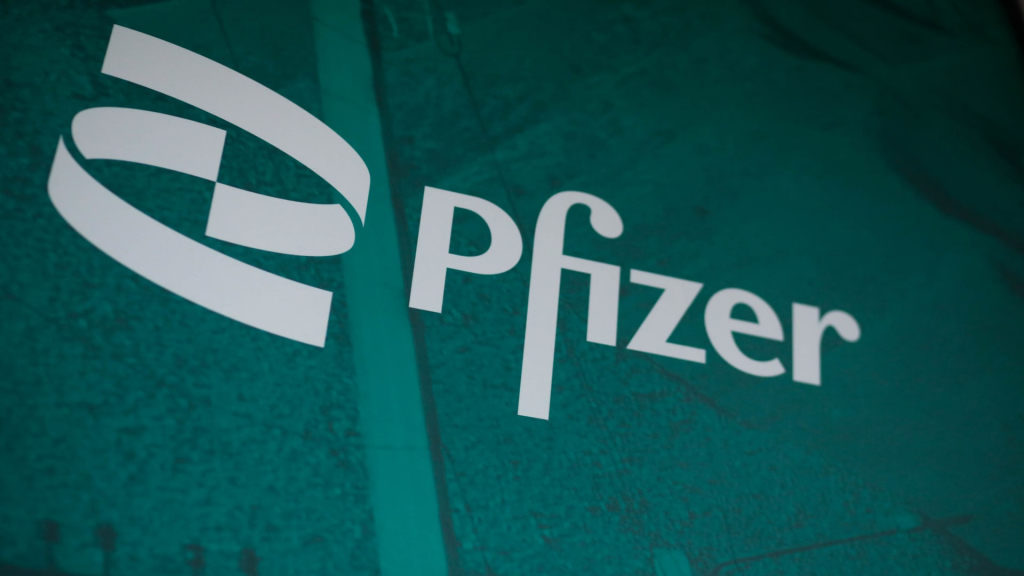Pfizer announced on Monday the discontinuation of its experimental daily weight loss medication after an incident involving a patient who suffered a potential liver injury during clinical trials.
In a statement, a Pfizer spokesperson clarified that the patient did not show any liver-related symptoms or adverse effects. The individual’s liver enzymes, which can indicate cellular damage in the liver, returned to normal levels swiftly after stopping the use of the oral GLP-1 medication, known as danuglipron. Elevated liver enzymes have been a concern linked to various obesity treatments.
This incident occurred during a trial that involved a rapid escalation in dosages over a brief time frame, according to the spokesperson. Pfizer’s choice to halt development followed a comprehensive evaluation of all clinical data available for danuglipron, in conjunction with feedback from regulatory bodies.
“Although we are disappointed to stop the development of danuglipron, we are committed to exploring and advancing promising programs that aim to deliver innovative therapies to patients,” commented Dr. Chris Boshoff, Pfizer’s chief scientific officer. He emphasized that the company is still pursuing other weight loss medications.
This setback adds to a series of challenges Pfizer has faced in its effort to capture a share of the rapidly expanding market for GLP-1 medications, which work by mimicking certain gut hormones to suppress appetite and manage blood sugar. Pfizer, along with several other pharmaceutical companies, is striving to introduce a more convenient weight loss solution in a market currently dominated by weekly injection therapies, lagging behind competitors like Eli Lilly and Novo Nordisk.
Market analysts project that the GLP-1 industry may exceed $150 billion by the early 2030s, with oral formulations potentially generating $50 billion of that revenue, while injectable versions will cover the remaining market share.
Pfizer encountered prior difficulties with danuglipron when it discontinued a twice-daily formulation in December 2023 due to tolerance issues noted during a mid-stage trial.
Following the decision to discontinue danuglipron, Pfizer mentioned that the earlier studies met essential objectives and validated a specific dosage form with the potential for “competitive efficacy and tolerability” in advanced trials.
Additionally, the company highlighted that the incidence of elevated liver enzymes among danuglipron users aligns with that of existing approved GLP-1 therapies, based on a safety database encompassing over 1,400 patients.
This latest announcement follows a separate decision in June 2023, where Pfizer abandoned another once-daily obesity pill after observing elevated liver enzyme levels among participants in a mid-stage trial. Since then, investor sentiment regarding Pfizer’s potential in the GLP-1 sector has been cautious.
Nevertheless, Pfizer holds a portfolio of other experimental obesity treatments currently in the early development stages, which are designed to function through different mechanisms compared to the recently axed therapies. This includes an oral medication that obstructs another gut hormone known as GIPR, which began phase two trials last year, as well as an additional once-daily oral GLP-1 currently in phase one trials.
According to former Chief Scientific Officer Mikael Dolsten, who has since departed from the company, a GIPR-targeting drug may prove to be more efficacious and patient-friendly, expressing optimism on the diverse applications for GLP-1 medications.
The mechanism of danuglipron promotes weight loss by targeting GLP-1, similar to how Novo Nordisk’s injections, Wegovy and Ozempic, operate. Eli Lilly also utilizes GLP-1 in its weight loss and diabetes medications, including Zepbound and Mounjaro, which also engage another hormone called GIP.
Currently, the only oral GLP-1 medication approved by the FDA is Novo Nordisk’s Rybelsus, a treatment for Type 2 diabetes that generated approximately $3.38 billion in sales in 2024.
Pfizer’s announcement comes at a pivotal time as the company works to rebound from a sharp decline in its Covid-related business, with hopes for durable growth pivoting towards its innovative cancer drug pipeline, while maintaining a strong focus on obesity treatments.


























